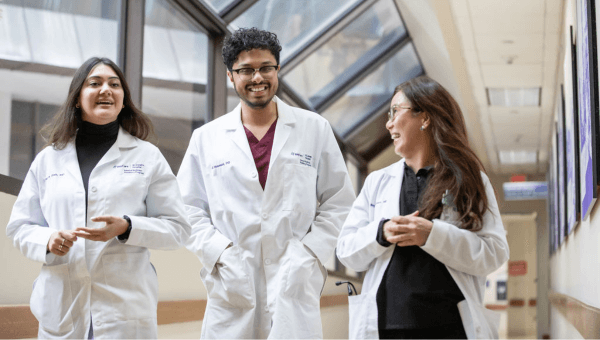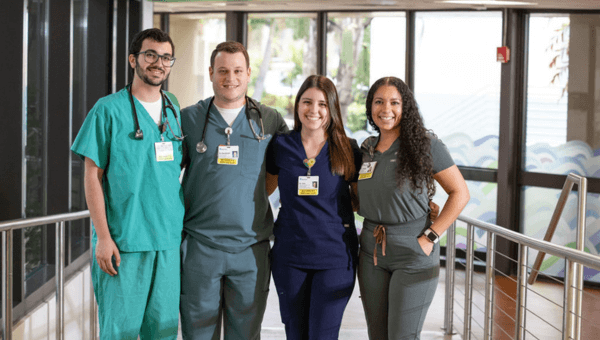Clinical Excellence and Innovation
One out of three people in West Central Florida chooses BayCare for health care. As the largest provider of cardiac, pediatric and behavioral health care, BayCare is committed to delivering clinical excellence through innovative, research-driven, patient-centered care.
After he was diagnosed with a heart condition in utero, Brooks’ family chose St. Joseph’s Children’s Hospital for his pediatric and specialty care.
Born with Long QT Syndrome that can cause sudden death, Brittany credits BayCare with helping her to live a normal life after open-heart surgery.
BayCare By the Numbers
Advancing Quality Care and Research
BayCare continued to be nationally recognized for its quality of heart care in 2024:
- Morton Plant Hospital was named among the top 10% in the nation for cardiac surgery by Healthgrades.
- The Society of Thoracic Surgeons ranked BayCare in the top 10% for open heart outcomes, and BayCare’s open-heart centers achieved the highest three-star rating in 2024.
BayCare also helped advance the future of medicine by participating in almost 500 health research projects, including 290 sponsored clinical trials.
BayCare Creates Clinical Institutes
In 2024, BayCare created six Clinical Institutes — Cancer, BayCare Kids, Heart and Vascular, Neuroscience, Orthopedic and Women’s — to enhance and streamline clinical services. Each institute will oversee the creation of Comprehensive Care Centers (CCCs) tailored to treat patients with specific conditions or diagnoses. The CCCs provide patients with seamless access to BayCare’s most advanced care for their conditions, with specially trained patient navigators to guide them through the steps to their recovery.
Growing Graduate Medical Education (GME) Residency Programs
BayCare’s commitment to ensuring West Central Florida has the physicians it needs in the future continued to grow in 2024 with 145 resident physicians across nine accredited programs. BayCare received accreditation approval for three more programs in 2024 to begin in the 2025-26 academic year, another step in the health system’s plan to expand graduate medical education to 650 residents by 2029.




